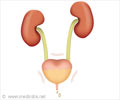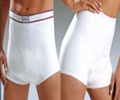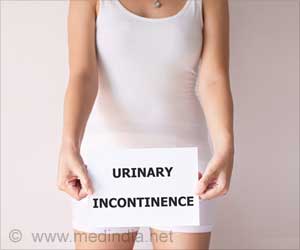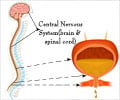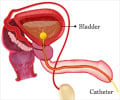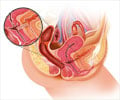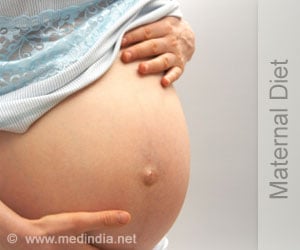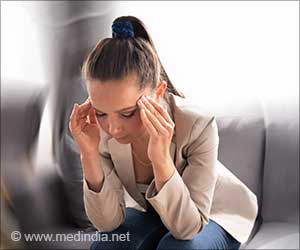New study suggests association between age and menopause status with increased urinary symptoms.
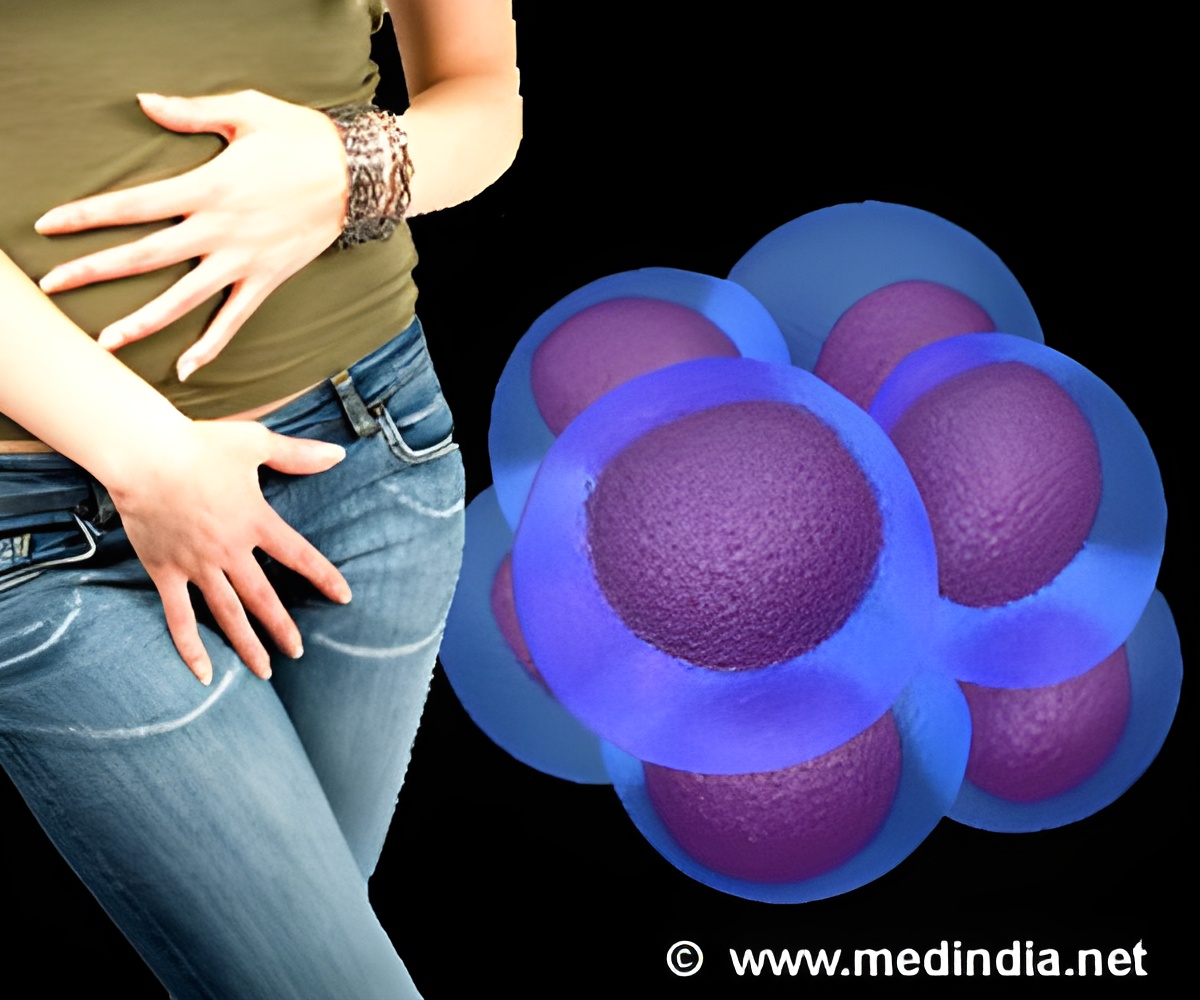
‘Women are more likely to be diagnosed with stress urinary incontinence (SUI) than urinary urge incontinence.’





Urinary incontinence symptoms are common in women and typically worsen as women age. In the United States, the prevalence of urinary incontinence is 17.1% in women aged 20 years or older and 38% in women aged 60 years and older.There are two main types of urinary incontinence—urinary urge incontinence (UUI) and SUI.
Urinary urge incontinence is defined as the involuntary loss of urine associated with the urge to urinate.
Stress urinary incontinence, in contrast, is the involuntary loss of urine because of effort or physical exertion, including sporting activities, sneezing, and coughing. Of the two, women are more likely to be diagnosed with SUI.
Overactive bladder syndrome is characterized by urinary urgency and is usually accompanied by increased daytime frequency and/or nocturia, with urinary incontinence.
Advertisement
Although the study showed a significant association of OAB in women aged 45 to 54 years and postmenopausal status, it also demonstrated that SUI symptoms may likely become less frequent after menopause.
Other factors studied included smoking status, history of diabetes, hysterectomy, and the use of hormone therapy.
The researchers suggest that additional studies should be conducted to consider the association between time since menopause and OAB symptoms in the perimenopause period.
Study results are published in the article “Prevalence and factors associated with overactive bladder and stress urinary incontinence in the Japan Nurses’ Health Study.”
“This study underscores how common urinary incontinence is in women, with nearly one in five Japanese women reporting urinary incontinence related to OAB or SUI in the last month. Midlife women were particularly affected by SUI (18.2% in women aged 50 to 54 years). Given the significant negative effect on quality of life and the presence of effective strategies for management of these burdensome symptoms, clinicians should routinely ask women about urinary incontinence,” says Dr. Stephanie Faubion, NAMS medical director.
Source-Eurekalert

